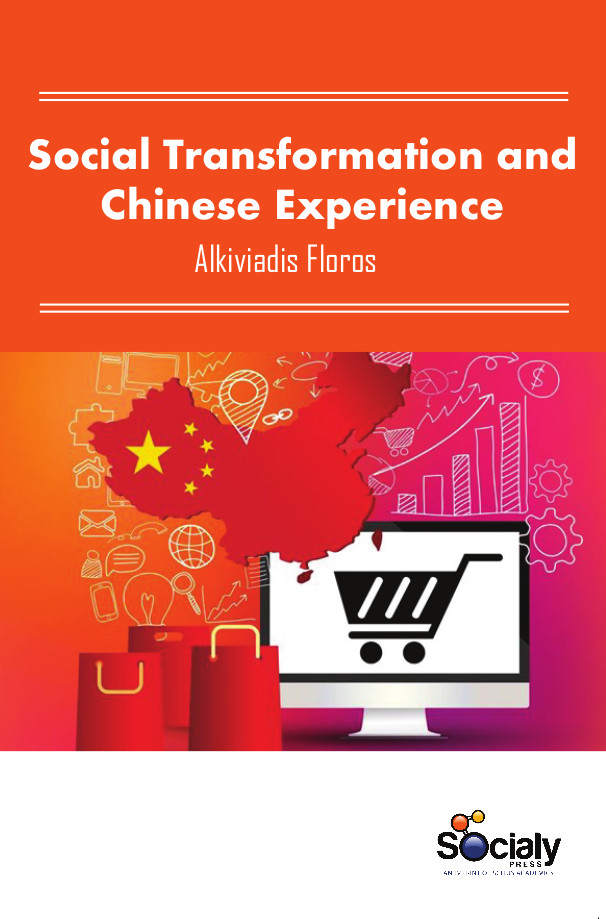Social scientists have long regarded value change as central to modernization, and have paid considerable attention to the association between societal modernization and the adoption of individualistic values. China exhibits a novel mix of economic dynamism, social modernization and the political structures of one-party state run by a Communist Party. The far-reaching developments in the economic and societal spheres have, however, left their marks on the party-state. They brought about complex processes of change and adaptation in the ways political power is constituted and employed. Mainland China has undergone profound changes dating back to the nineteenth century, including a contemporary period of rapid modernization that began in the 1980s. The result has been dramatic social, cultural, and economic shifts impacting the daily lives of Chinese people. This compendium explores the psychological implications of sociocultural transformation in China, emphasizing dominant themes. Several theories across the social sciences have addressed the impact of
rapid sociocultural change on values and personality characteristics. The concept of individual modernity is proposed, arguing that a particular set of psychological characteristics, including attitudes, values, and ways of feeling and thinking, prepare a person to be an effective member of a modern society. From this perspective, a modern person is a highly autonomous, open-minded, motivated, and flexible—and, importantly, is an informed participant in society with a clear sense of personal efficacy.
Social Transformation and Chinese Experience presents original research studies that addresses theoretical, methodological, or substantive issues of sociological significance about or related to social transformations in Chinese societies. The text draws links between sociocultural and psychological shifts in China can be usefully studied through a cultural psychology lens, emphasizing the mutual constitution of culture, mind, and brain. In particular, the link between social change, individualism, and rising mental illness deserves careful attention. The literature generally underscores the negative consequences of migrant worker status within China. Some studies have reported increased psychological distress in migrant workers, and such findings are often discussed in the context of migration stress, marginalization, and discrimination.













